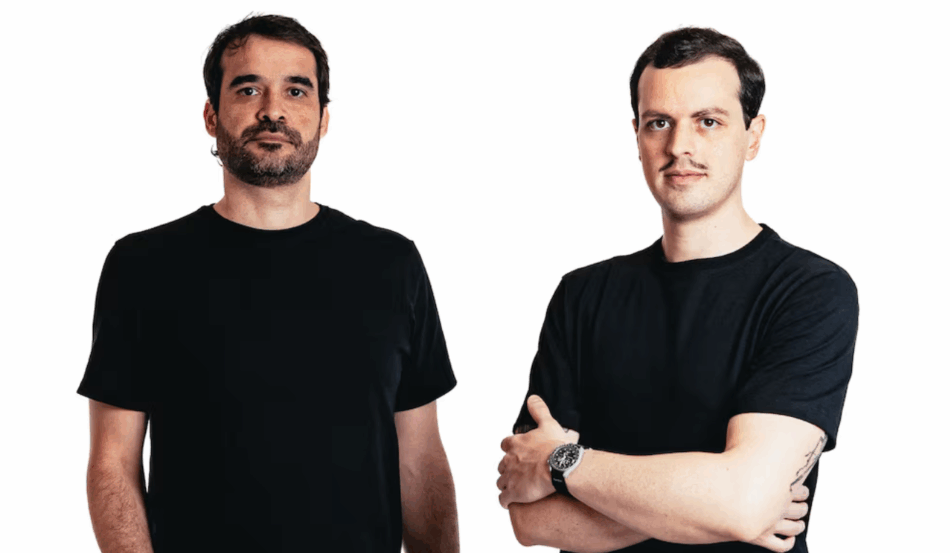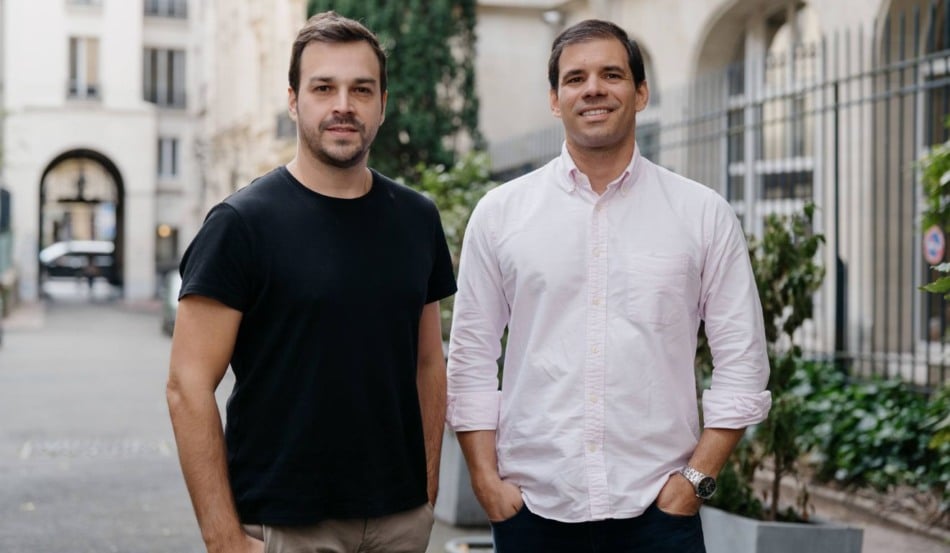
Essa notícia está disponível em português
The Brazilian Securities and Exchange Commission (SEC, or CVM in Portuguese) has announced the expansion of funding limits and individual investments held via crowdfunding rounds. Under the new format, the regulator aims to attract more companies and investors to this type of fundraising.
The company tripled the funding cap from $1 million to $3 million per offer. Initially, the expectation was that the limit would sit at around $2 million. In addition, CVM raised the annual gross revenue limit for startups from $12 million to $16 million.
Moreover, the commission changed the rules for the promotion of crowdfunding rounds. Under the new rules, companies can run a crowdfunding promotional campaign on any media, including social networks. The crowdfunding platforms are also authorized to operate as intermediaries for transactions other than the public offering.
“The CVM sought to make improvements that aim to expand the funding capacity of entrepreneurs, while expanding the universe of companies that can use this funding modality at the same time” said CVM president Marcelo Barbosa, in a statement.
Impacts and expectations
The changes come almost five years after the official regulation of crowdfunding investment for new businesses was introduced in Brazil, which had been working relatively well. According to the CVM, in 2021 alone, over $37 million were raised through the model, 123% more than in 2020.
For platforms that help startups raise investments, the new CVM rules provide a new scale and dimension of growth to the crowd equity market, by allowing for deals four times larger than before.
“We went from the pre-seed – Serie A [deal] to holding larger rounds for well-established businesses. Platforms have always had many challenges on how to attract investors, and part of what the rules do is making the dissemination and distribution of offers more simple and flexible”, said Camila Nasser, co-founder and CEO at Kria, a platform focused on equity crowdfunding for startups.
According to the executive, the new rules will create thousands of opportunities for more mature and consolidated businesses, which until then focused on the traditional private capital market, and will now be able to structure their own public offerings.
In addition, the executive considers crowd equity platforms a great opportunity for liquidity for investors, who will now be able to work in a secondary market intermediated by the platforms.
“In this so-called secondary marke, investors can trade their assets, being the main liquidity vector of the capital market, essential to attracting investors to primary offerings – the liquidity of these assets is a very important and attractive factor for their distribution. An investor with greater liquidity is an investor with a greater appetite”, Nasser concluded.
(translation by Gabriela Del Carmen)







